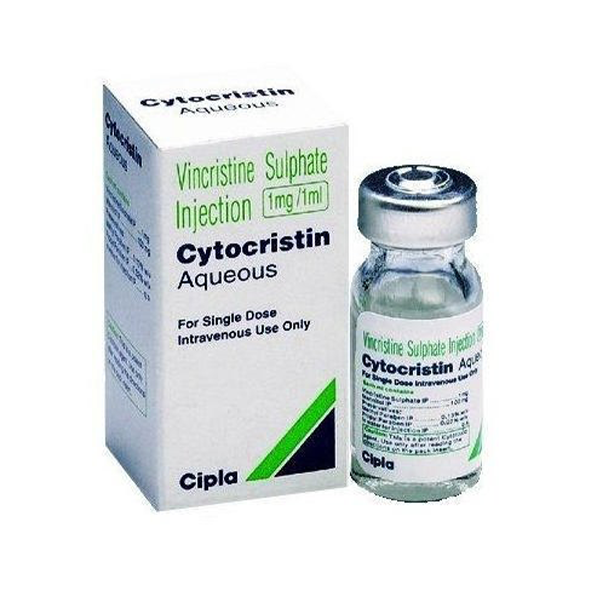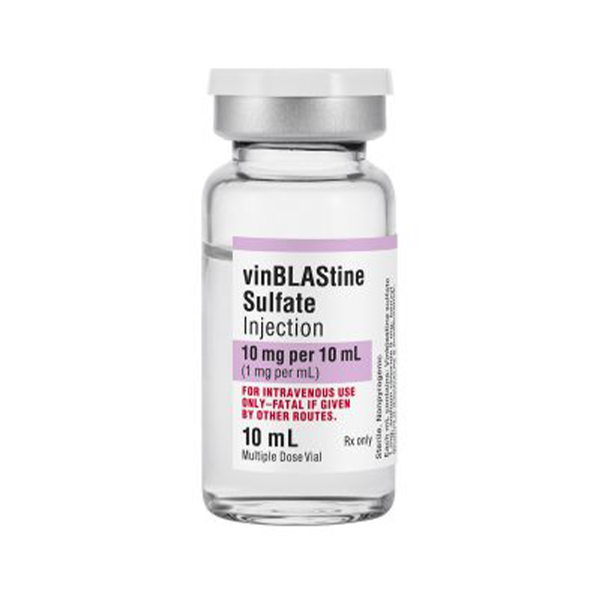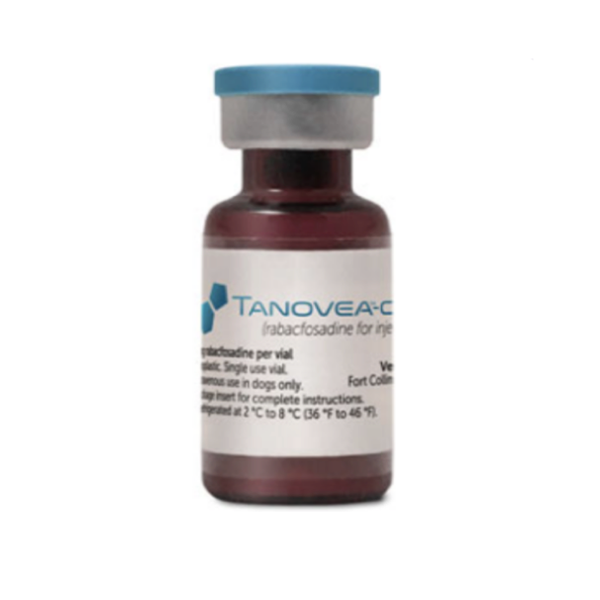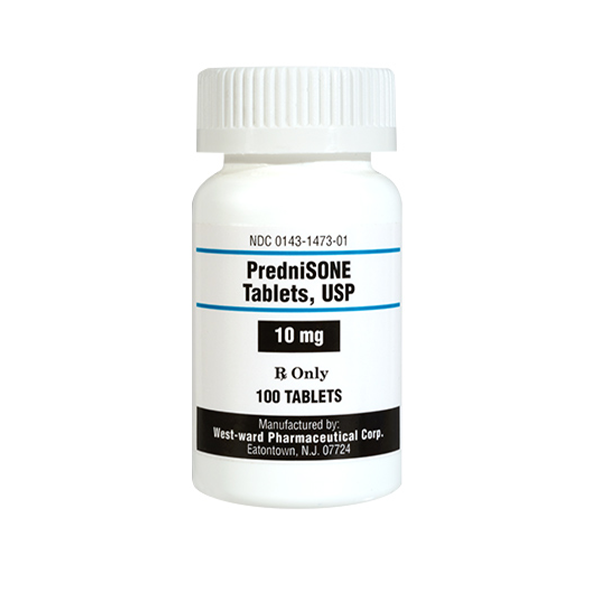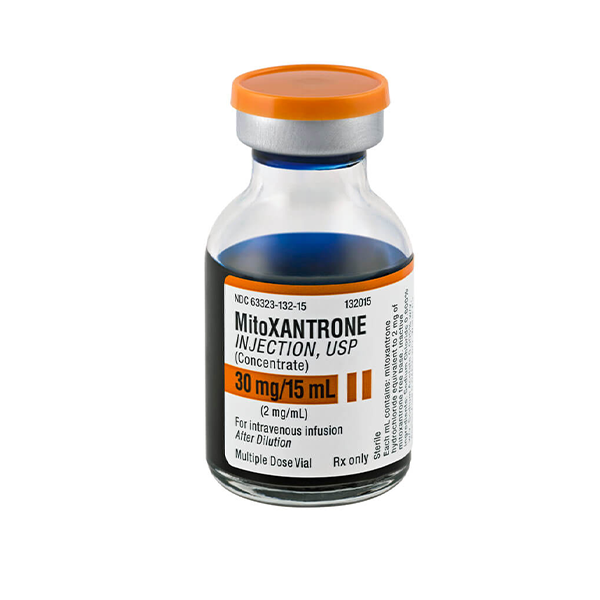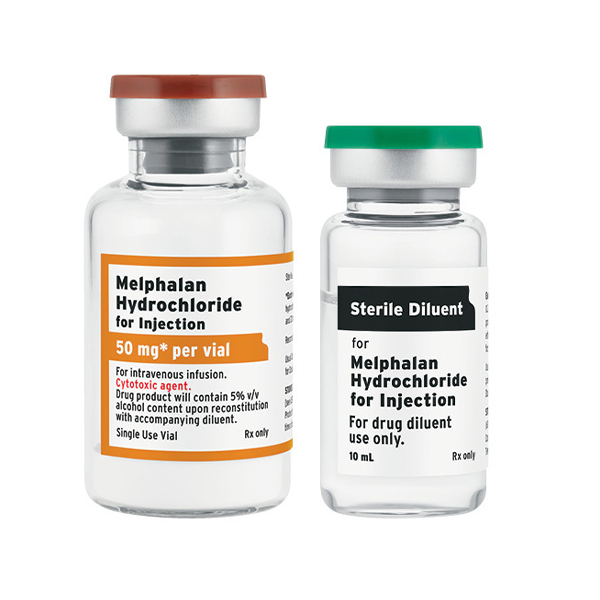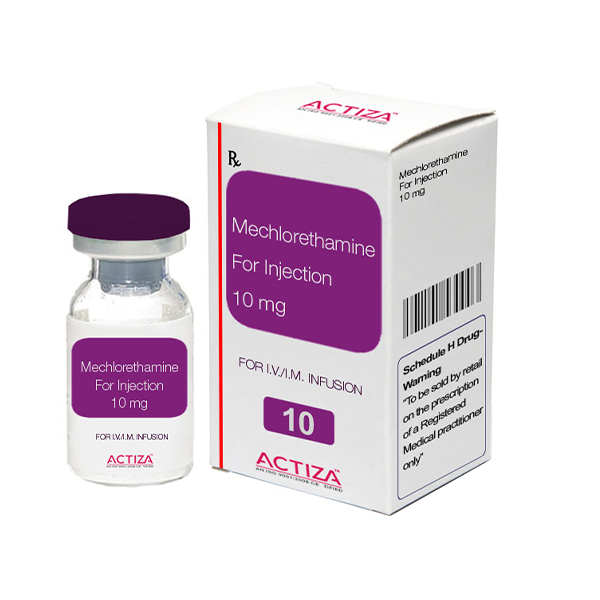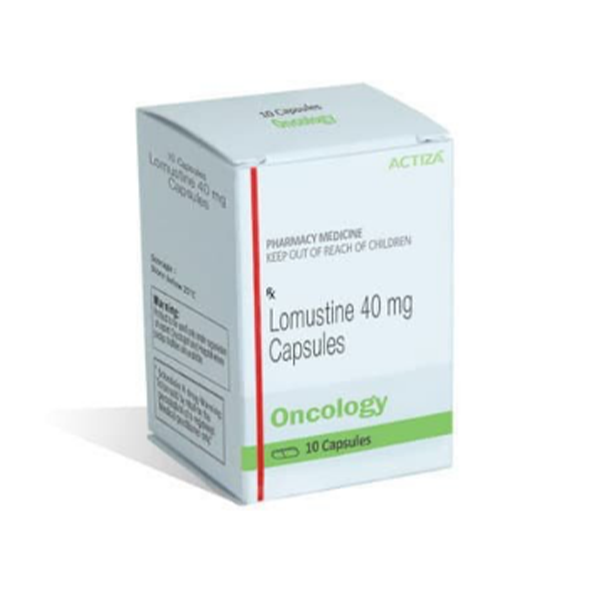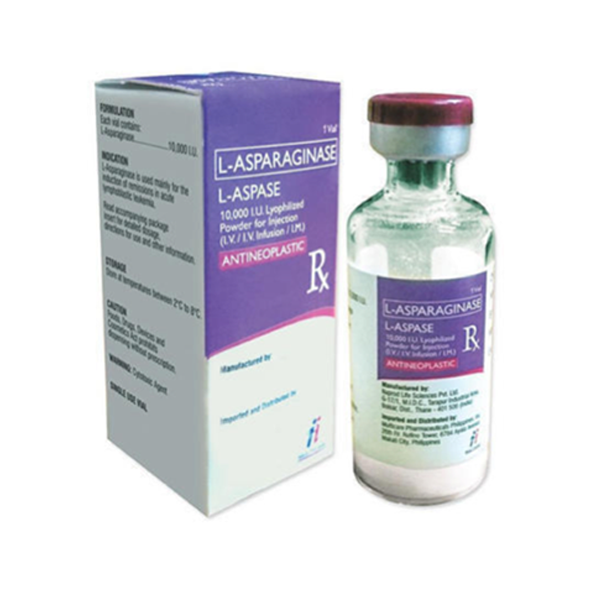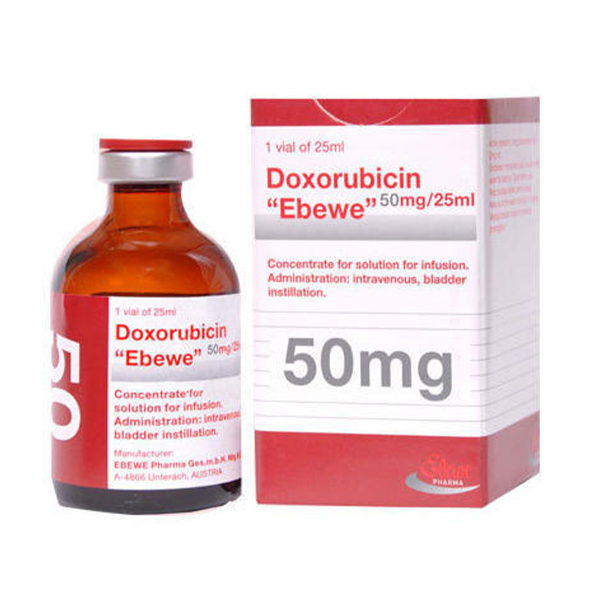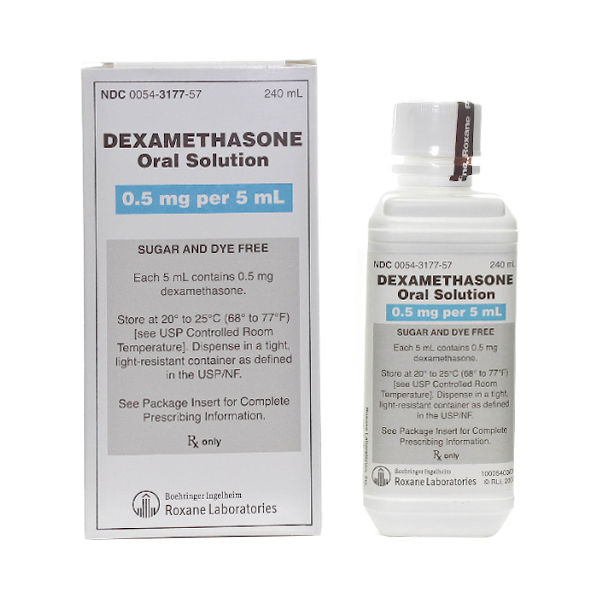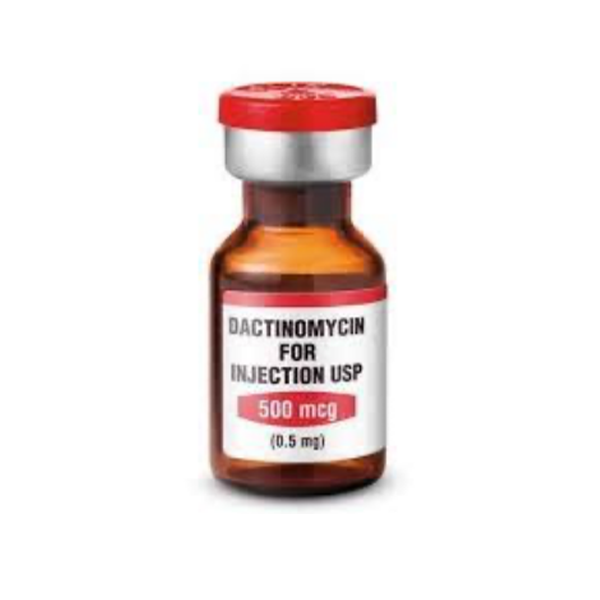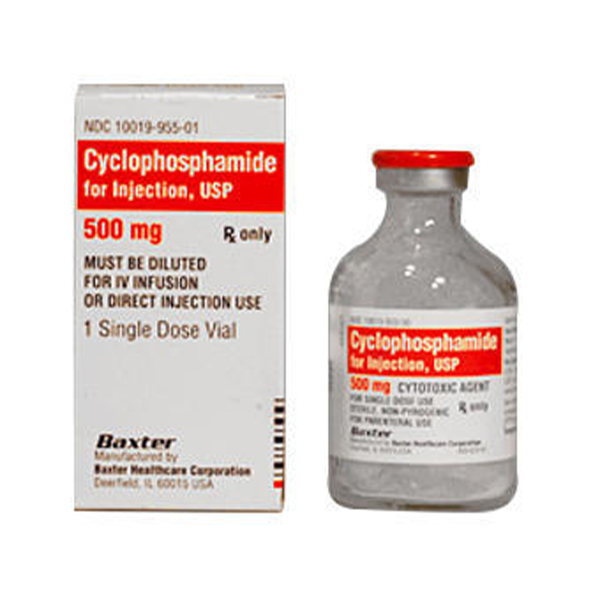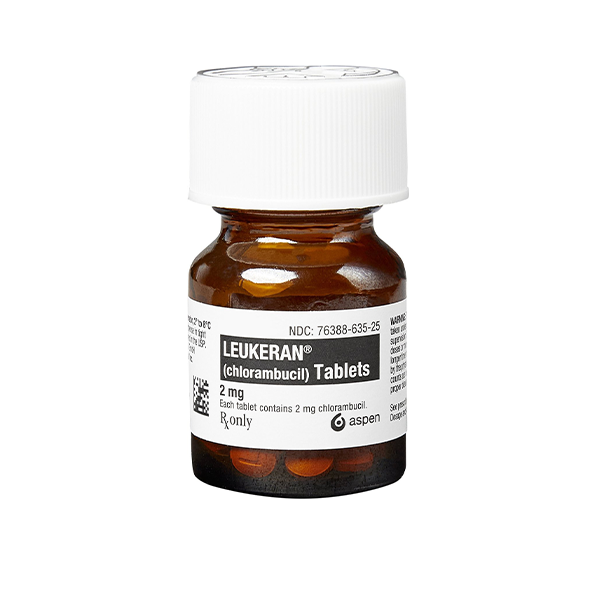Dexamethasone
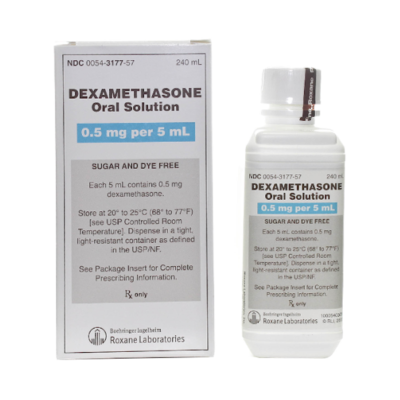
BRAND
Decadron, Dexasone, Diodex, Hexadrol, Maxidex
DRUG TYPE
Corticosteroid hormone (glucocorticoid)
CONDITIONS TREATED
Inflammation, arthritis, intestinal disorder, severe allergies, asthma, certain types of cancer
ADMINISTRATION
Oral tablet, injectable solution, inhalant, intravenous solution
CYCLES OF TREATMENT
Once a day
LENGTH OF TREATMENT
Depends on animal’s condition and response
What is dexamethasone?
Dexamethasone is a powerful, synthetic corticosteroid which has anti-inflammatory and immunosuppressive properties. In addition, corticosteroid hormones help to regulate the metabolism of proteins, carbohydrates and fats and help to maintain the balance of fluids and electrolytes.1 Compared to some of the older steroids, dexamethasone is significantly more effective as an anti-inflammatory drug and requires lower doses for treatment. For example, it is 20 times stronger than prednisone and 30 times stronger than cortisol, a natural steroid hormone produced by both dog and human adrenal glands.2 This steroid is often used to treat canine cancer as well as conditions that cause inflammation.1
How does it work?
Corticosteroids act on the immune system by blocking the production of substances that trigger inflammatory and immune responses. As an anti-inflammatory medication, dexamethasone is particularly helpful in reducing swelling and redness from allergic reactions as well as pain from conditions such as arthritis. It is also used to treat skin problems such as eczema since it promotes healing and reduces discomfort.3
What is dexamethasone used for?
As mentioned above, dexamethasone is used to treat many conditions in dogs. As an immunosuppressant, it can effectively inhibit an overreactive immune response which causes inflammation; and it can reduce pain caused by inflammation in conditions such as arthritis. This steroid is often prescribed for treating autoimmune diseases and certain nervous system or gastrointestinal disorders.3 In addition, a veterinarian might use the drug in combination with antibiotics to aid healing and prevent infection before and after surgery. Dexamethasone is used to treat a variety of cancers such as leukemia, lymphoma, and multiple myeloma, and prevents swelling associated with tumors of the spine and brain.4 Dexamethasone is often prescribed for the following conditions:1
- Adrenal insufficiency such as Addison’s disease
- Skin disease
- Colitis and other gastrointestinal problems
- Autoimmune disease such as systemic lupus
- Respiratory issues
- Liver disorders
- Hematologic disorders
- Nervous system disease
- Tumor growth
- Shock
How is dexamethasone administered?
Veterinarians determine the dose of dexamethasone by analyzing your pet’s condition and evaluating how they respond to the drug. Although it is available in a pillar, injectable liquid or inhalant form, the injectable and inhalant version are used for more immediate action.3 It is also available as a cream to be applied topically for skin or as eye drops.1 The following information further clarifies the administration of dexamethasone.4
- This medication may be given to your dog as a pill. It is available in a variety of tablet sizes, and often prescribed at less than 10 mg when given daily. If you miss a dose, give your dog the dose as soon as you remember.
- If your pet is on high doses of dexamethasone (20 or 40 mg per day for 4 days out of the month), and you forget to give your dog a dose, contact your veterinarian.
- Give your pet the pill with food or after a meal.
- If necessary, this medication can be delivered by infusion into a vein (IV).
- Dexamethasone eye drops are given to treat or prevent many eye conditions. The eye drops are most commonly given to patients with leukemia or lymphoma, to prevent inflammation of the eyes (conjunctivitis).
- If your pet is receiving high dose chemotherapy (usually cytarabine [Ara-C]), the eye drops are given every six hours, in both eyes, and for at least 48 hours after the chemotherapy has completed. Do not stop taking these eye drops unless directed by your healthcare provider.
- If your pet is given dexamethasone as a lotion to treat skin disorders, ask your vet whether your dog will need a pet cone to prevent licking.
- The amount of dexamethasone prescribed for your pet depends on many factors, including general health or other health problems, and the condition(s) being treated. Your veterinarian will determine your pet’s dosage and schedule.
- Although the dose of dexamethasone varies according to the condition being treated, the standard dose for treatment of an inflammatory condition is usually 0.1 to 0.3 mg/lb of body weight twice a day. On the other hand, the dosage prescribed for immunosuppressant action is higher, approximately 1 to 3 mg/lb up to three times per day.2.
Before using dexamethasone:
If your dog has underlying medical problems, dexamethasone may make them worse. Let your vet know if your pet is allergic to the medication or suffers from any of the following conditions:2
- Diabetes
- Liver Disease
- Heart problems
- Kidney disease
- Osteoporosis
- Glaucoma
- Ulcers
- Thyroid disorder
While using dexamethasone
As with all medications, there is a risk for allergic reaction that can lead to anaphylaxis, a life-threatening condition. Although this response is rare, make sure your dog is not coughing, wheezing, itching, or having problems breathing following drug administration. If you notice these symptoms, contact your vet immediately [2].
Your veterinarian will monitor your pet during treatment with this drug and may order tests to check for side effects from long-term use of dexamethasone. These tests may include:5
- Weight test
- Blood pressure test
- Eye test (glaucoma screening)
- Bone mineral density tests (osteoporosis screening)
- X-ray of gastrointestinal tract (this is done if patient has symptoms of peptic ulcer, such as severe stomach upset, vomiting, or blood in stool)
Additional precautions include the following:.1,4
- The drug should not be given to pregnant or lactating dogs.
- Dexamethasone should not be given to dogs suffering from a bacterial, viral or fungal infection unless they are taking medications to treat the existing infection.
- While taking the drug, do not have your dog immunized or vaccinated without your doctor’s approval.
- Before starting the treatment, make sure you tell your vet about any other medications you give your pet. This includes prescription and non-prescription drugs, vitamins, supplements, or herbal remedies.
- Do not take aspirin, or products containing aspirin, unless your vet specifically permits this treatment.
- If your pet has been on dexamethasone daily or for a long period of time, serious side effects may occur if you abruptly discontinue the medication. Do not change the dose of dexamethasone without your veterinarian’s approval.
SIDE EFFECTS & OVERDOSE
Possible side effects:
- While taking the drug, dogs could suffer fatigue and weakness from loss of muscle tone.
- This drug suppresses an animal’s immune system which may cause wounds to heal slowly and may affect a dog’s adrenal system, especially if used over a long period of time.
- Some dogs develop stomach ulcers as a side effect.
- The drug might also cause a dog to drink and urinate excessively.
- Appetite might be affected and lead to low weight in some animals.
- Another adverse reaction could be a rise in blood sugar. The drug is not recommended for animals with diabetes.
Side effects of dexamethasone depend on the dose, duration and frequency of administration. Short courses of dexamethasone are usually well tolerated with few and mild side effects; whereas, long-term, high-dose often produces predictable and potentially serious side effects. Whenever possible, the lowest effective dose of dexamethasone should be used for the shortest possible length of time to minimize side effects. Alternate day dosing also can help reduce side effects.6
The following symptoms require medical attention but are not emergency situations. Contact your veterinarian within 24 hours of noticing any of the following:7
- Vomiting
- Unsteadiness
- Restlessness
- Easy bruising
- Excessive drinking
- Excessive urination
- Change in appetite
- Excessive drowsiness
Contact your veterinarian immediately if your pet experiences any of these symptoms:7
- Skin rash
- Swollen face, lower legs, or ankles
- Vision problems
- Cold or infection that lasts a long time
- Muscle weakness
- Excessive diarrhea
- Black or tarry stool
In case of overdose:
Contact your veterinarian immediately if you have accidentally given your pet an overdose. Symptoms may include the following:6
- Excessive vomiting and diarrhea
- Irregular heartbeats
- Seizures
- Severe allergic reaction, with trouble breathing, hives, or swelling of your pet’s throat or tongue
The following drugs interact poorly with dexamethasone and may cause serious problems. Be sure to inform your vet if your dog is taking other steroids, immunosuppressants, live vaccines or non-steroidal anti-inflammatory drugs (NSAIDs) such as aspirin.2
Dexamethasone may react with the drugs listed below:8
- Amphotericin
- Cyclophosphamide
- Cyclosporine
- Digoxin
- Daunorubicin HCl
- Doxorubicin HCl
- Insulin
- Mitotane
- Phenobarbital
- Phenytoin sodium
- Rifampin
- Rimadyl
- If your pet has been on this medication for a long period of time, they may be more susceptible to infection. Wash hands well, and report any symptoms of infection such as fever to your veterinarian immediately.
- Provide this medication early in the day to prevent restlessness at night and with food to lessen stomach irritation.
- If your pet has diabetes, they may need more monitoring since this medication may increase blood sugar levels.
- Encourage your pet to drink as much as possible, unless you were told to restrict fluid intake. To reduce nausea, provide smaller, more frequent meals and ask your veterinarian to prescribe an anti-nausea medication.


